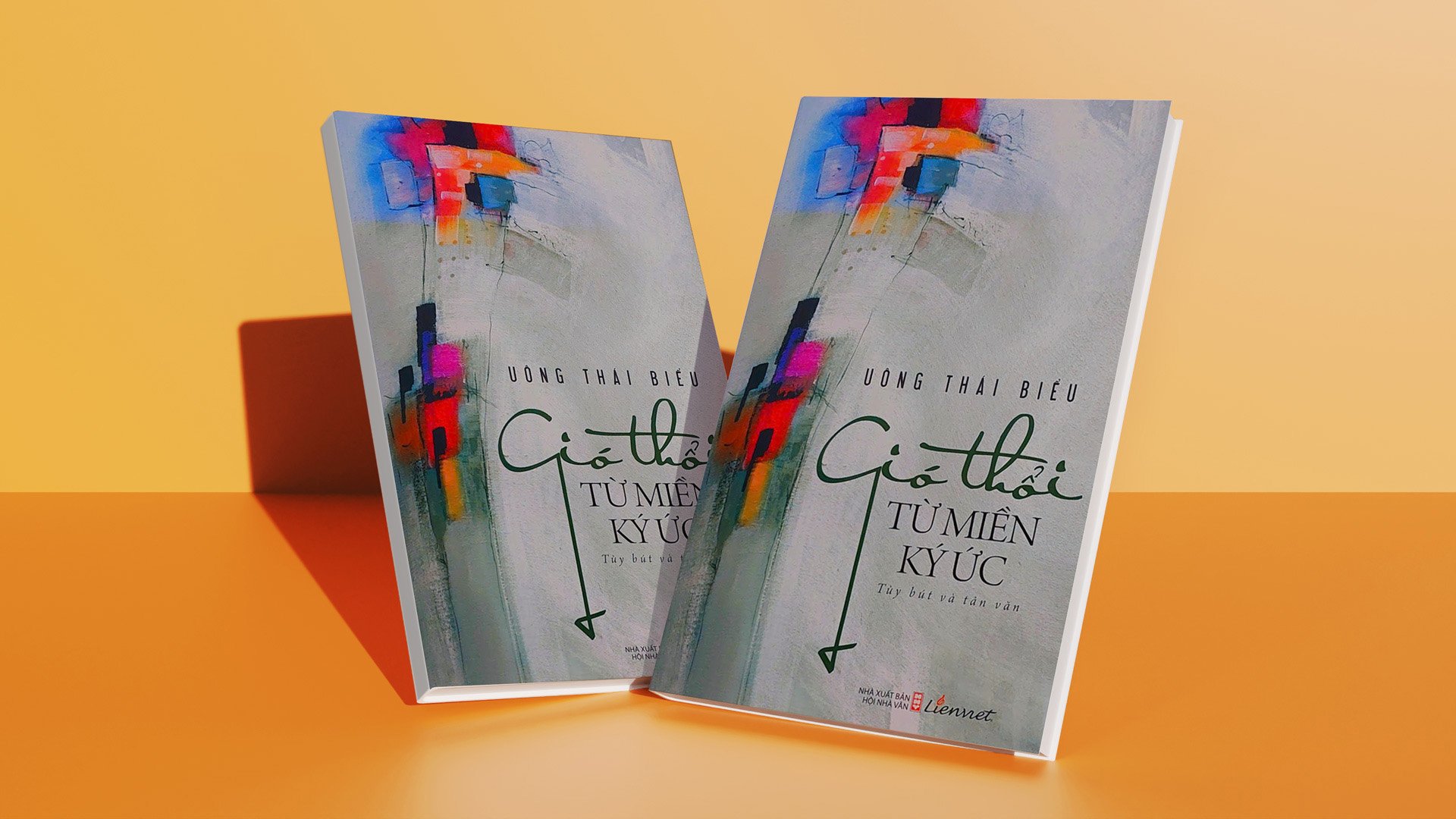 |
| The collection of essays and memoirs The Wind Blows from Memory by Uong Thai Bieu. Photo: NV |
A thick collection of essays with 323 pages, systematically collecting the author's essays, most of which have been published in newspapers and magazines. When reading the collection of essays Wind Blows from the Memory, readers feel a blend of a poetic soul, a profound writing style and a journalist with a very strong ability to observe, recall and think, to discover the cultural values of the nation. In the collection of essays and essays Wind Blows from the Memory, the author carefully selected and classified them into three parts. Each part can even become a separate book, which are: "Endless Source"; "Breath of the Great Forest" and "Discrete Thoughts". As the title of the article suggests, we focus on understanding the first part: "Endless Source" of the collection of essays, expressing sympathy and sharing with the author to send a message to readers.
ENDLESS SOURCE FROM ETHNIC CULTURE
As the author Uong Thai Bieu himself said in the first article in place of an introduction to the book: “The flow of Vietnamese culture from ancient times is like a blood stream that creates the strong vitality of the nation and flows into every vein of the Vietnamese people. For journalists, culture is an endless source. Culture has a strange attraction, it silently nurtures, inspires and builds writing power...” (“Wind Blowing from the Land of Memory”, Writers Association Publishing House, 2019, p. 5 - all quotes are taken from this book). Indeed, not only for journalists, but culture will always be an endless source for writers and artists. For Uong Thai Bieu, the nurturing of talent through the combination of a poet's soul with the observation and analysis ability of a journalist has helped him write sharp articles. It seems that wherever he goes to a cultural site, with his extensive knowledge, he will have interesting perspectives, perceptions, assessments, explanations and unique thoughts to share with readers. From "Huong ve dat to Truoc wharf Giang Dinh", through "Ben dong song gioi lieng", to "Ve ha Thanh nghe xam", then "Nhoi ve quan ho"... Each place name, each relic, each cultural point is viewed and re-evaluated through the lens of journalist and writer Uong Thai Bieu. In "Huong ve dat toa", the author is right when he writes: "The history of each country often leaves behind evidence. Evidence can be seen, can be touched, but the original history has entered the consciousness of each person through the circulation of blood and exists eternally in the resonance between the past and the present" (p. 66). The history and legends of the nation are intertwined and blended together. The core message that the author wants to guide readers to achieve is that the Vietnamese people have gone through many hardships in history, thousands of years of Chinese domination, hundreds of years of Westernization, but we have not lost our identity, still exist as an eternal truth. The Vietnamese people and nation have and still find themselves in their history. Therefore, “Towards the Ancestral Land” is what every Vietnamese should do, and is also the author’s deepest desire. The conclusion of the work seems to confirm that: “The Hung King era – history and legends are intertwined, dream and reality, reality and dream. That is the beauty and goodness in the mind of the pilgrimage to find the origin. Birds seek their nests, people seek their ancestors, if only on the tenth day of the third lunar month all Vietnamese people were present in the Ancestral Land to attend the community festival. We visit the Upper Temple, the Middle Temple, the Lower Temple, the Well Temple, we look at the majestic Bach Hac junction, the mountains and hills like upside-down bowls in the midlands. We go in search of reality and dreams. We step on the foundation of the Ancestral Land but our hearts are immersed in the mysterious and legendary incense smoke. We go back to the origin to see everyone in us and we are surrounded by the flesh of our compatriots…” (p. 66). Of course, that is just the author's "if only" wish, it comes from a patriotic soul and a desire for national resonance, admiration, and unity.
With the article "By the Border River", Uong Thai Bieu leads readers back to Hien Luong Bridge, where "the painful history and the desire for unification are felt very clearly" (p. 71). From Ben Hai River, he looks out at other rivers - where "the story of the river is the manifestation of milestones, changes, the flow that opens the source of inspiration for the Fatherland" (p. 72).
Through touching stories – a mother stuck on the South bank waiting for her child for more than ten years, painful signs between the two banks, or the image of “four funeral processions” – the author evokes the sorrows in the nation’s memory. The image of the Mother who mends the flag – mother Nguyen Thi Diem – also becomes an indomitable symbol that he vividly depicts. Although “the real wound has healed on the flesh of the Fatherland” (p. 77), the work still reminds readers to cherish every day of peace , every peaceful rhythm of life today.
In Hai Van Quan under the white clouds, the author not only recounts the process of forming the place name “Thien ha de nhat hung quan”, but also feels pain when witnessing the relic turning into ruins. He writes: “Next to the large inscriptions bearing the mark of history... are scribbled lines... Garbage piled up”. And he concludes with a responsible message: “Let’s preserve Hai Van Quan for today and for the future... to reminisce about ancient history, to remember the times of war and hardship...” (p. 83).
In addition to historical and cultural articles, the author also has a special affection for the values of folk art. In the article Dao Nuong in the land of Ca Tru, he wrote: “Before the old people immerse themselves in the sand, they still have time to pass on the songs to the young… the people of that village still cling to the ancient melodies to have fun morning and night…” (p. 44) as a word of gratitude from the bottom of the heart of someone who passionately loves every aspect of national culture.
With emotional language, selected quotes and dedication to each page, Uong Thai Bieu affirms his position as a cultural and historical storyteller with a patriotic heart and a talented pen.
ENDLESS SOURCE FROM SUBCONSCIOUSNESS TO HOMELAND
It can be seen in his essays that Uong Thai Bieu often emphasizes culture as an “endless source”; and for readers, that source is also his homeland – the place where his emotions originate and his writing power is nurtured. Throughout the collection of essays, nearly ten articles are dedicated to Nghe An as a lingering, haunting, and restless call to his homeland.
From the poetry collection Wind in the Field, readers can clearly feel the nostalgia for their hometown permeating each line: “In the place where I started as a boy/ There was a shirt that smelled of mud drying on a straw fire/ There was the smell of a stray baby fish that had lost its mother/ There was the fragrant burnt smell of overcooked potatoes/ We called out to each other until our voices were hoarse…” (Diary of a Rainy Day).
The homeland appears not only through childhood memories but also as an image rooted in the soul of poet Uong Thai Bieu:
"Wind
Rising from the River
The virgin's laughter bursts forth, sparkling on the waves...
I picked up from the drawing of the crab claws
My face in the sand
In the smoke of buffalo dung burning in the afternoon and crying…”
(Wind of the field)
Although currently living in the city of thousands of flowers, Da Lat, in Uong Thai Bieu's mind, Nghe An is still "the place where I started being a man" - a place that is closely connected not only with memories, but also with poetry and prose, with memories of the smell of mud, the taste of potatoes, and hoarse calls to each other at noon in the countryside.
In Tham tham hon que, Uong Thai Bieu depicts a village that is changing rapidly amidst the whirlwind of urbanization. From the memories of poverty deeply engraved in the verse: "Oh my God! Who knows when / Morning and evening, I will scoop the rice from the pot to grind..." that makes him "remember with a choking heart", up to now, the villagers have become rich thanks to land prices, shrimp farming, timber trading... The village no longer lacks anything that the city has - except for one thing: "gradually lacking neighborhood sentiment and village love".
The author's message is clear: the village spirit and human morality cannot be allowed to fade away with material development. "The image of the countryside still appears familiar and shimmering like a place to send old emotions back" (p. 12). But, according to him, the village is now gradually losing its elegant and romantic beauty: "The village is bigger, the village is more luxurious, but sometimes the village is gradually losing its beauty." The concluding sentence is like a sigh of warning: "The village is now like a box. The village is becoming ugly from the planning, from the architecture, from the scheming, from the quick living, from the advancement, from the arrogance... The street is not necessarily a street, but the village no longer has the appearance of a village"... (p. 13).
In The Song of Childhood, Uong Thai Bieu takes readers back to a place of fond memories – a place of poor, innocent childhood filled with friendship. Danh, Lam, Thu, So, Anh, Ich, Minh... are not just names, but a part of his soul – “innocent as mud”. War, deprivation, rustic games… all remain vivid over the years. He sobs: “So many years have passed, but I cannot forget. Danh, Thu, So, Lam, Anh, Ich, Minh... oh! The waves are indifferent, silent, not a word whispered. My hometown is now far away. The river flows back to the past” (p. 19).
Although everyone has gone their separate ways – some are rich, some have passed away, some are working hard in their hometowns – to the author, everything remains the same as before, like “a little bit of warmth left in the midst of a mundane life”. It is not just a memory, but a memory with a loving shape, always returning in the cold Dalat afternoons.
In The Singing River, Uong Thai Bieu writes about his hometown Lam River not only as a symbol of nature, but also as a mother, an experienced, gentle and courageous woman. He does not compare Lam River to its clear blue, but to the “wringing of physical pain”, like a woman “smiling weakly after giving birth”. To him, “the Lam River water is more muddy than blue, because that river has had to carry within it too many worries, upheavals and dust from upstream”. From the image of the river, the author leads the reader to the memories of a boy who lost his father early, his mother remarried, and his aunt - who was a stranger - "became my mother": "She gradually created an innocent look on my face. She gave me normal emotions and sang to dry my tears". The image of the aunt and the Lam River blend together, becoming a symbol of love, compensation and nurturing: "Like the birth of my mother, the upbringing of my aunt, the hometown river gave me the taste of mud to understand hardship, the green color of water to not stir up turbidity, the coolness of the wind to let me know what love is" (p. 24). The singing river is not just a song about a river, but a song of gratitude, profound and touching about family love, love of the homeland, and unforgettable memories.
In Vinh Memories, Uong Thai Bieu realistically recorded the journey of change of his hometown, from the desolation of war bombs to a youthful, dynamic city. Childhood memories came back: “I remember the American bombs that rained down on Hung Dung gas depot, the fire was burning to the sky… I remember my childhood on a shoulder pole during the night of evacuation through the devastated, ruined Vinh city”. From the ruins, Vinh people “contributed each plank of the tunnel, each piece of rusty iron and even fragments of bombs to rebuild their homeland” (p. 59). Vinh city today is a port, industrial, tourist city , connecting the three regions – “the city that never sleeps”. However, with a sober view, the author expressed concern about the unbalanced development: “If we talk about the polarization of rich and poor, Vinh is extremely fast… the poetic Lam River and the beaches of Cua Lo and Cua Hoi are suffering the heavy consequences of a large urban area” (p. 63). Worrying not only about material things, but also about the environment, ethics, and sustainability. Standing on Dung Quyet mountain looking at the city, he did not forget the unfinished dream of the capital of King Quang Trung: “Phuong Hoang Trung Do”. Even though the old dream did not come true, today, he still has a belief: “Walking on modern and liberal roads… will feel a brighter, more modern future in the shape of Vinh city” (p. 65).
***
The opening of the essay collection Wind Blows from the Land of Memories – titled “Endless Source” – clearly affirms one thing: for Uong Thai Bieu, culture is both the starting point and the destination of the creative journey. Sharing in an interview, the author affirmed: “From ‘Traveling Season’ to ‘Wind Blows from the Land of Memories’, for me, it is still a journey that I have chosen – that is cultural experiences… Being immersed in the fascinating and also volatile flows of culture… is for me a happiness, an endless inspiration” (Le Trong, Journalist Uong Thai Bieu with the journey to experience the source of national culture, https://baolamdong.vn/ (June 21, 2020).
As a journalist and writer, Uong Thai Bieu not only writes for his profession, but also as a personal need, as a way of communicating between the writer and the reader. According to him, each work is an "act of seeking empathy". That talent, according to writer Lai Van Long, is expressed through "each sentence exuding the confidence and dignity of a knowledgeable, experienced person with a compassionate heart for the land, people, and nature" ("Memory Land" by Uong Thai Bieu, https://congan.com.vn/ (Saturday, February 26, 2022). That is affirmed through the meticulousness in each written page, through a serious work ethic, and a profound knowledge accumulated over many years of living and working.
Surely readers will sympathize with Uong Thai Bieu not only from the "Endless source" of culture or from the subconscious of the homeland, but also the feelings from "The breath of the great forest" and the daily thoughts summarized and conveyed in the work: The wind blows from the land of memories...
Source: https://baolamdong.vn/van-hoa-nghe-thuat/202506/mach-nguon-bat-tan-trong-tap-tuy-but-va-tan-van-gio-thoi-tu-mien-ky-uc-cua-uong-thai-bieu-7ed0c51/








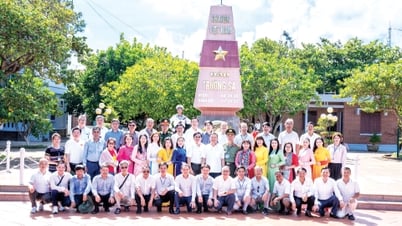



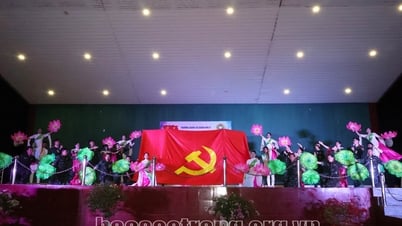

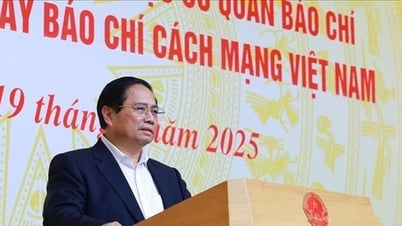
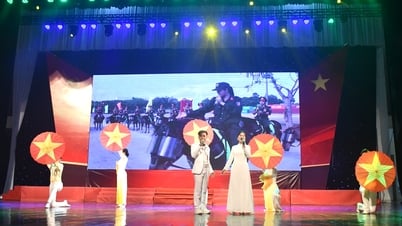







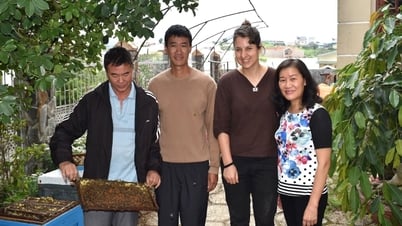




































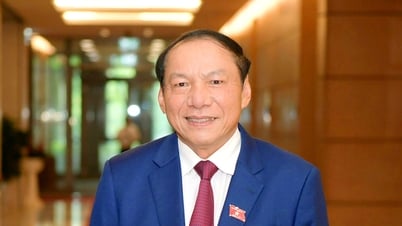








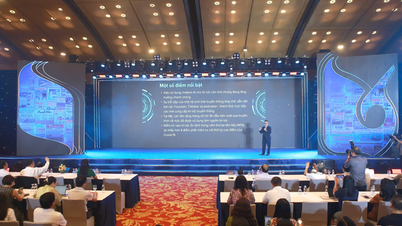








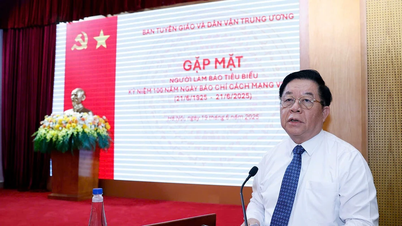

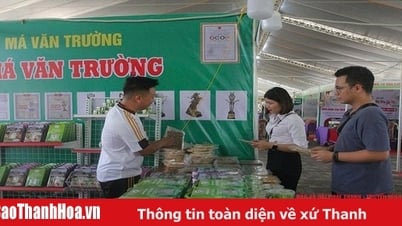












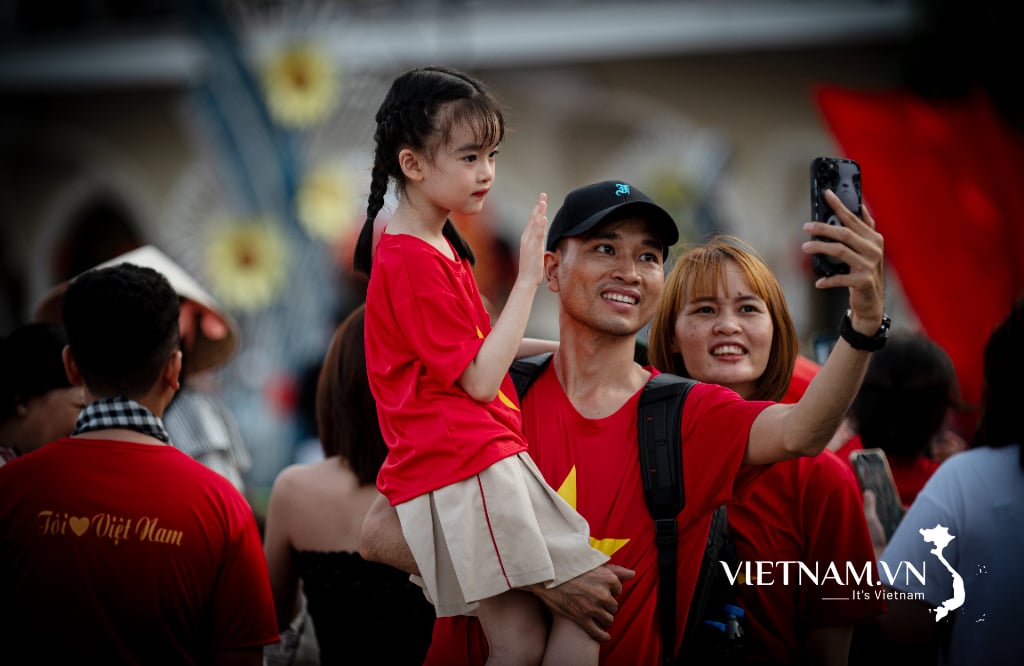
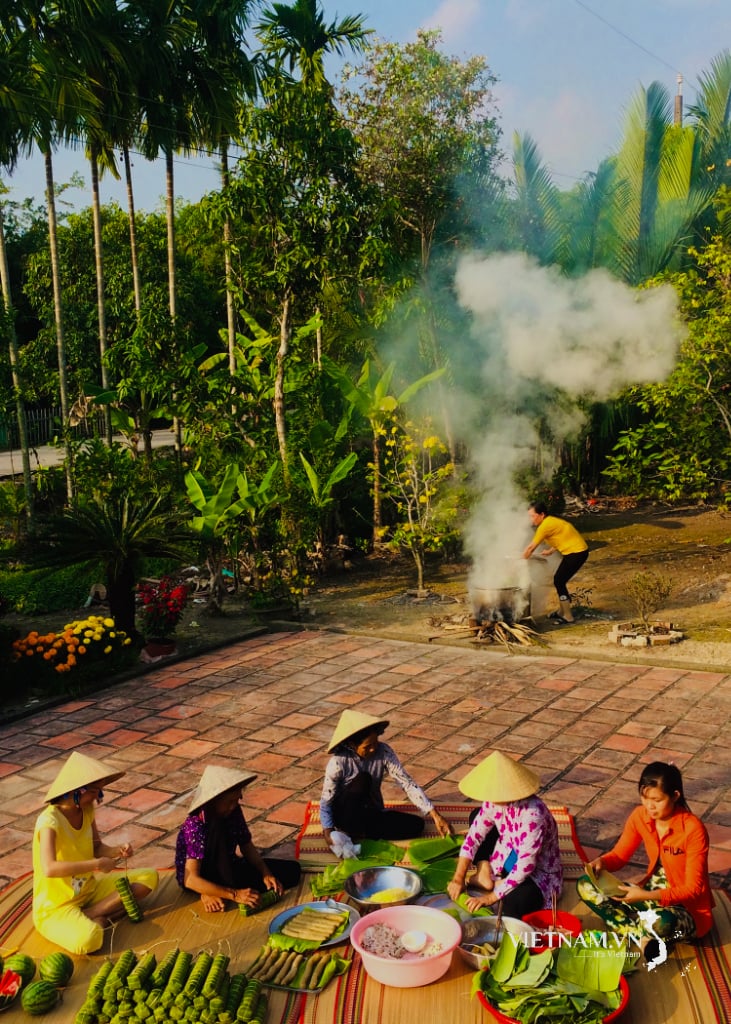
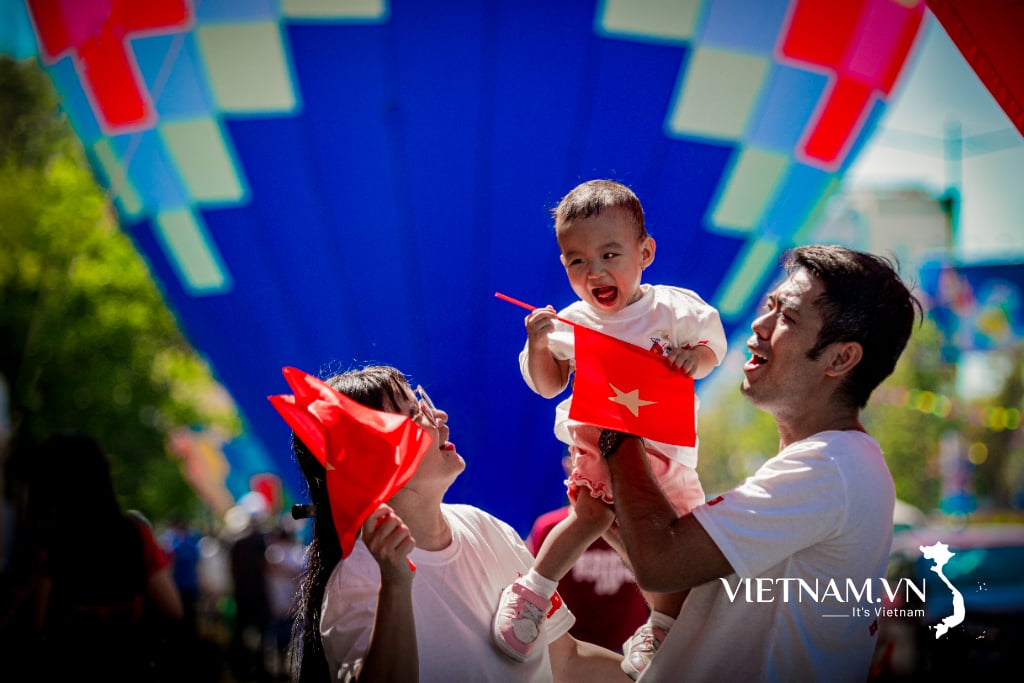
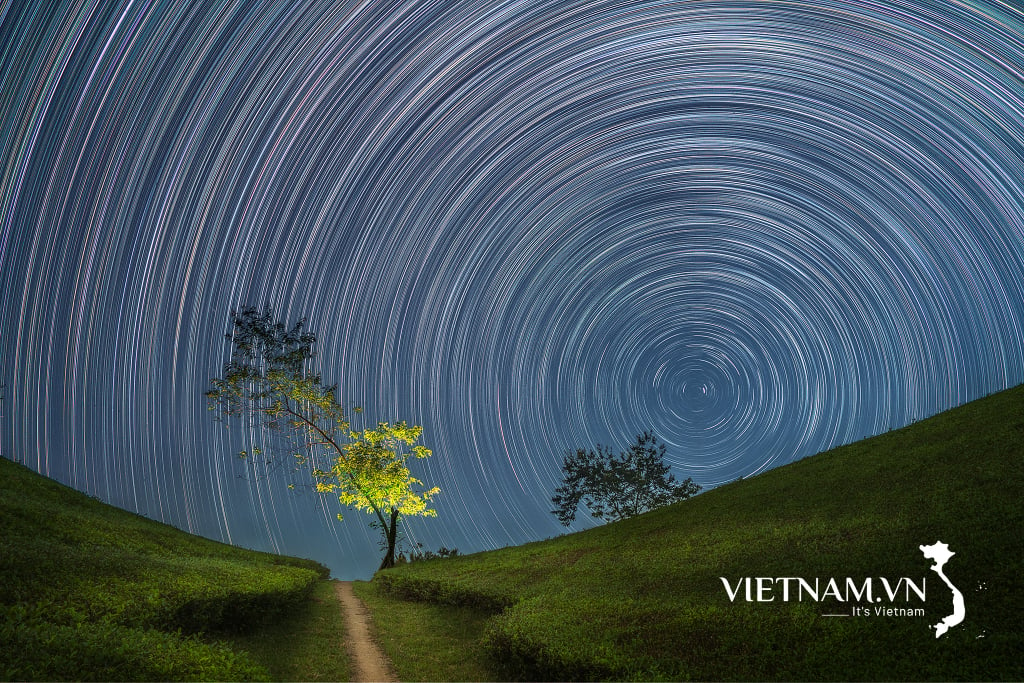
Comment (0)